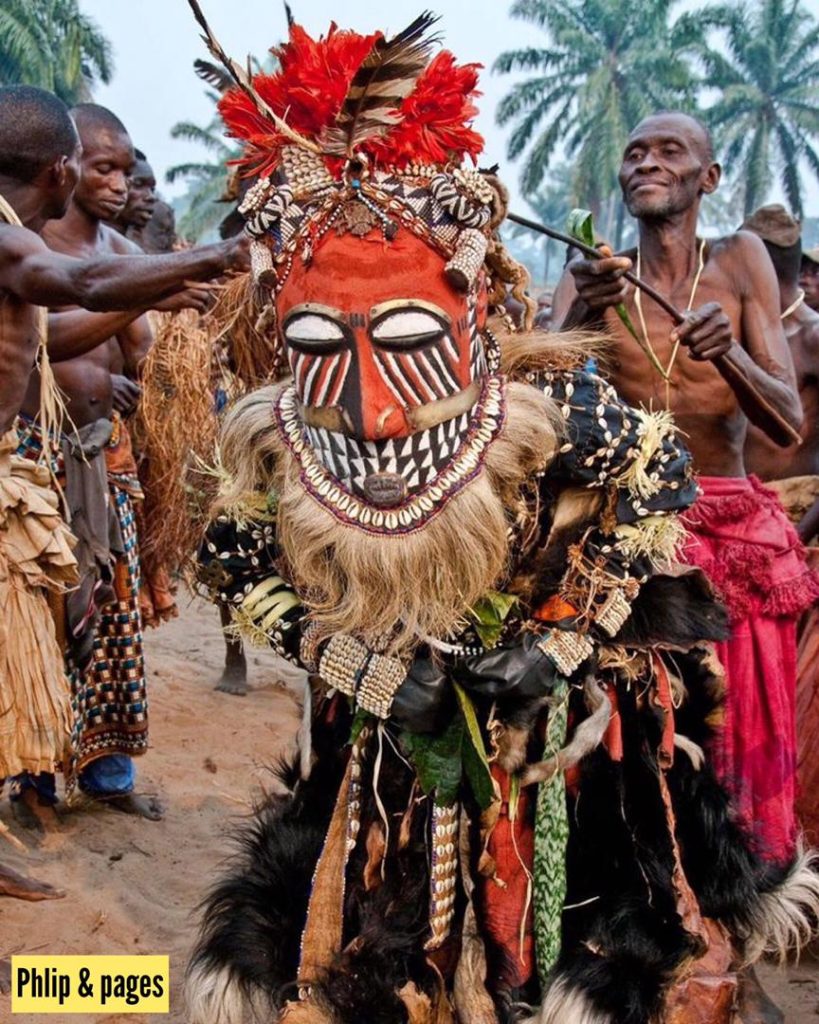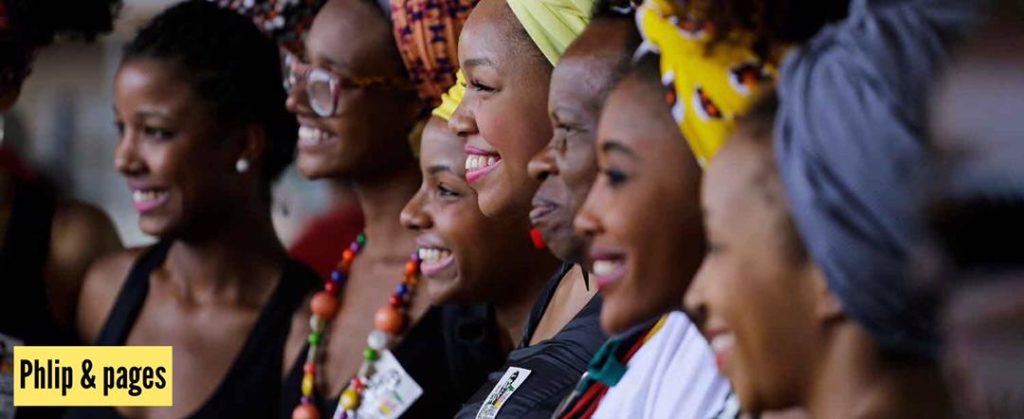Post-colonialism has played a pivotal role in empowering African identity, leading to a mental revolution that challenges historical narratives imposed by colonial powers. This article explores how post-colonialism has empowered Africans to reclaim their heritage, redefine cultural identities, and embark on a transformative path towards self-determination
Reclaiming Cultural Heritage

Post-colonialism encourages Africans to reclaim their cultural heritage that was suppressed during colonization. By reviving indigenous languages, customs, arts, and traditions, Africans reconnect with their roots. Restoring pride in ancestral knowledge fosters personal growth, self-acceptance, and strengthens community bonds. Cultural reclamation becomes an essential aspect of mental well-being as individuals embrace their authentic identities.
Redefining Historical Narratives
Post-colonial thought prompts Africans to challenge dominant historical narratives shaped by colonial perspectives. By revisiting history from diverse viewpoints, Africans can reshape these narratives through their own experiences & interpretations. Redefining historical accounts empowers individuals with agency over their past, present,& future. It cultivates critical thinking skills, fosters confidence, and shapes positive collective memory for improved mental well-being.
Promoting Linguistic Diversity
One significant aspect of post-colonial empowerment is the promotion of linguistic diversity. Africa boasts a rich tapestry of languages that were marginalized or devalued under colonial rule. Revitalizing indigenous languages helps preserve cultural heritage, enables intergenerational communication, nurtures cognitive development,& enhances self-expression. Linguistic diversity not only empowers individuals but also contributes to Africa’s overall mental richness & inclusivity.
Empowering Gender Equality

Post-colonial movements have been instrumental in addressing gender inequalities perpetuated during colonization. Women across Africa are challenging oppressive norms, pursuing education, economic independence,& leadership roles. Post-colonial feminism promotes women’s empowerment,gender equality,& dismantling patriarchal structures. Through these efforts, Africa fosters mental well-being by ensuring equal opportunities, Self-determination,& collective liberation for all genders.
Political Self-Determination
Post-colonialism advocates for political self-determination, allowing Africans to shape their own governance systems and determine their future. With independence movements, the continent witnessed the rise of African leaders who championed national sovereignty, self-governance, and democratic values. Political autonomy enhances mental well-being by instilling a sense of pride, civic engagement,& fostering inclusive decision-making processes.
Cultivating Pan-African Solidarity
Post-colonialism has nurtured pan-African solidarity, breaking down artificial borders and promoting unity among diverse African nations. Africans are collaborating on regional development projects, sharing experiences,& supporting each other in times of need. Solidarity strengthens mental well-being by creating a sense of belonging, a supportive network, reducing isolation, stigma, and fostering collective resilience in pursuit of common goals.
Educational Transformation

Decolonizing education is an integral part of empowering African identity. Post-colonial thought challenges Eurocentric curricula, promoting culturally relevant education that celebrates Africa’s contributions to knowledge. By incorporating local histories, languages, perspectives, into educational systems, Africa cultivates critical thinking, nurtures personal growth, and equips individuals with tools necessary for societal transformation. Mentally empowered individuals become agents of change within their communities & beyond.
Conclusion
Empowering African identity through post-colonialism marks a transformative path towards self-determination, cultural revival, ender equality, political autonomy, pan-African solidarity, and holistic well-being. The process involves reclaiming cultural heritage, redefining historical narratives, promoting linguistic diversity, fostering gender equality, nurturing political self-determination, fostering pan-African connections,& transforming education. Each step taken empowers Africans to embrace their authentic selves, resist oppressive ideologies, and shape a future rooted in pride, resilience, hope,& unity. As Africa continues to empower its identity, mental revolution becomes the catalyst for collective growth, empowerment, and flourishing.
















